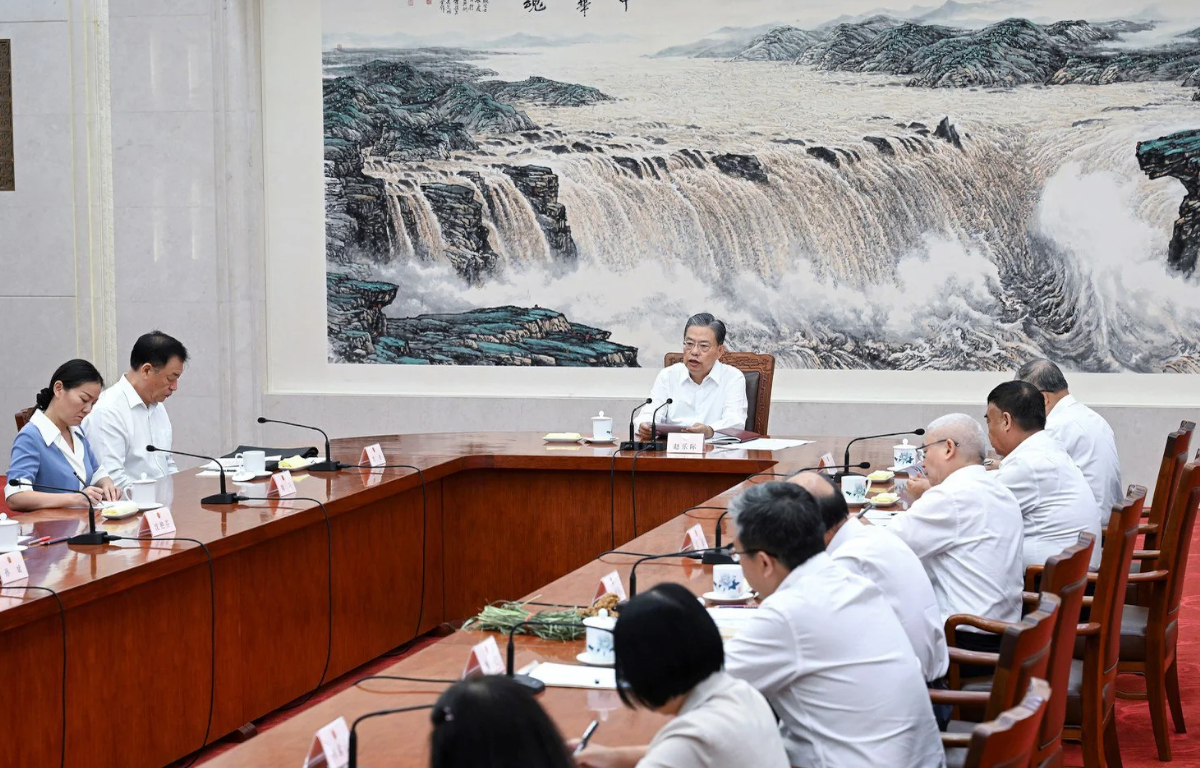
Goldman Sachs released a report expressing concerns about the performance and future prospects of certain Chinese bank stocks. It recommended investors to sell shares due to potential risks associated with China’s economic slowdown, rising debt levels, and regulatory changes in the financial sector. The report also cited challenges arising from trade tensions between China and other nations.
The CPC swiftly responded to the Goldman Sachs report, expressing strong reservations about its recommendations. The party argued that labeling Chinese bank stocks as ‘sell’ could lead to market panic, disrupt financial stability, and hinder China’s economic progress. The CPC believes that foreign financial institutions like Goldman Sachs may have limited understanding of China’s unique economic dynamics and banking sector.
The clash between Goldman Sachs and the Communist Party holds significant implications. Firstly, it reflects the CPC’s commitment to maintaining control over China’s financial system and safeguarding national interests. Secondly, it highlights the party’s emphasis on investor confidence and market stability. Thirdly, it underscores the skepticism of the Communist Party towards foreign financial institutions and their ability to comprehend China’s complex economic landscape. Lastly, the incident emphasizes the role of party mouthpieces as platforms for shaping public opinion and conveying the party’s official stance on critical matters.
The conflict between the Communist Party of China and Goldman Sachs regarding the report on Chinese bank stocks reveals the complexities at the intersection of finance and politics. While financial institutions provide objective analysis, political parties prioritize economic protectionism and national interests. This clash highlights the ongoing tension between global financial institutions and ruling parties’ control over economic narratives. It also underscores the significance of considering local perspectives and context when evaluating financial markets in different countries.










Share this: